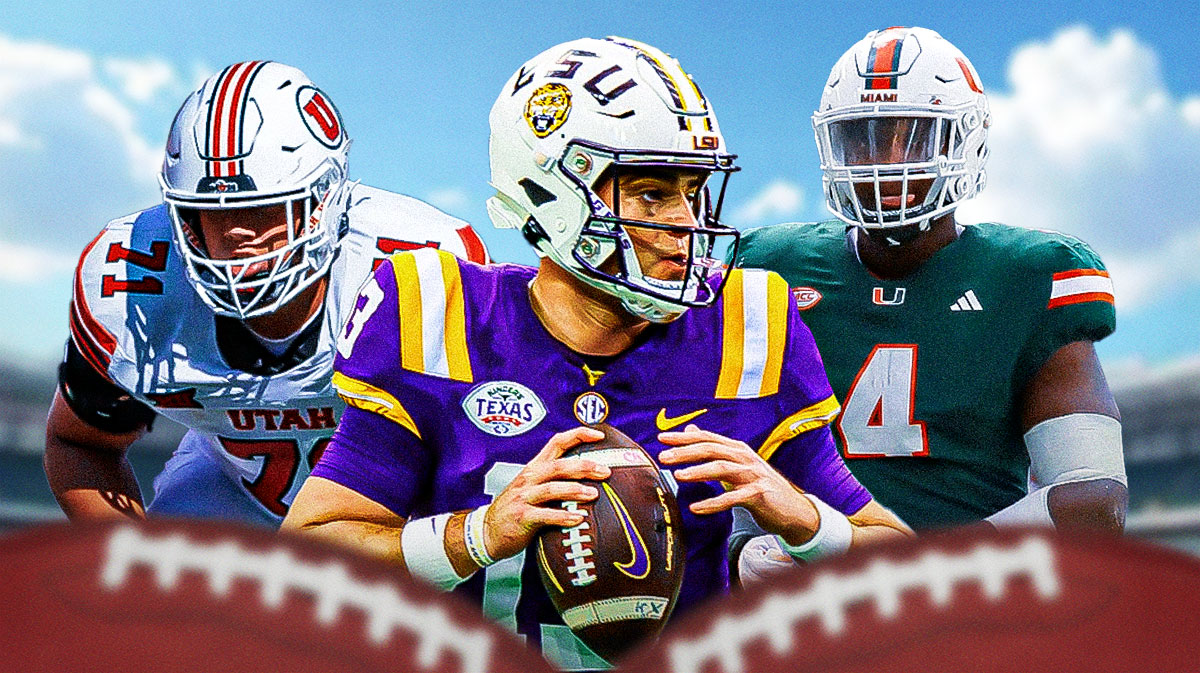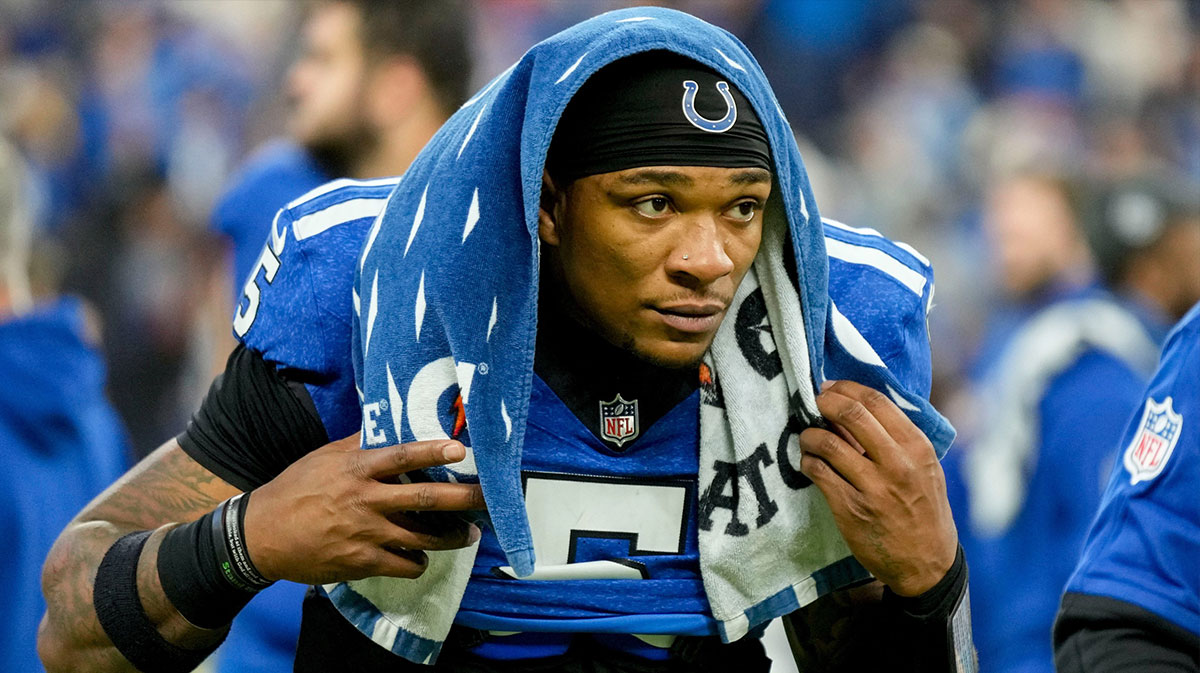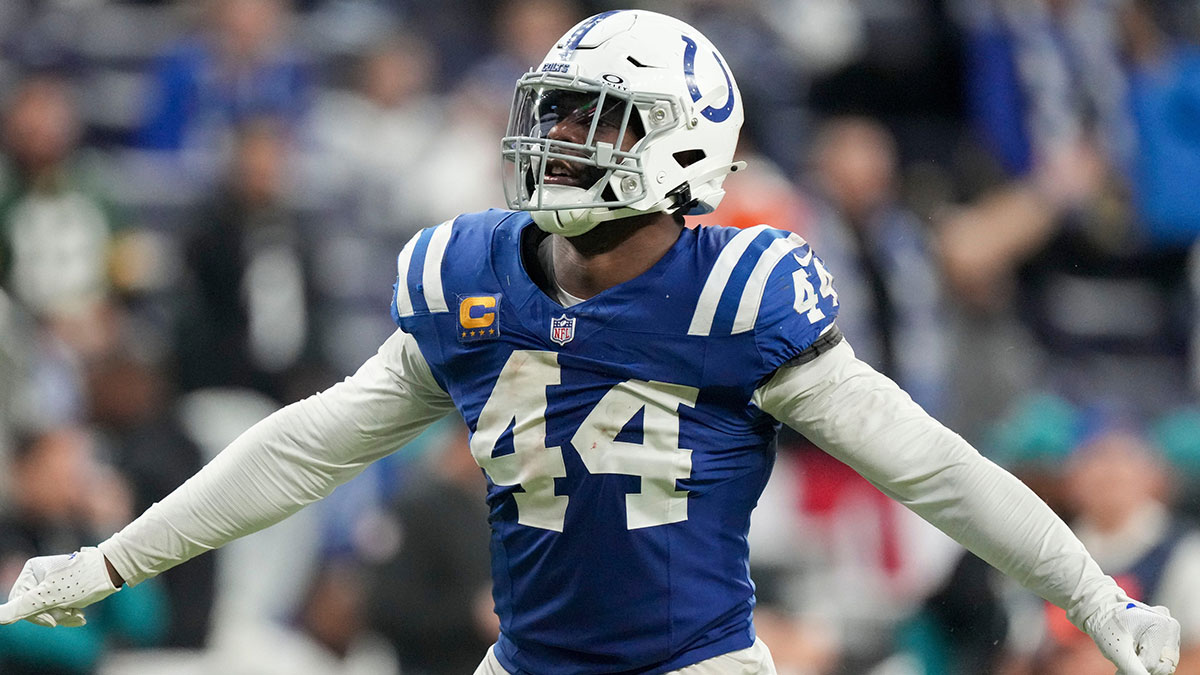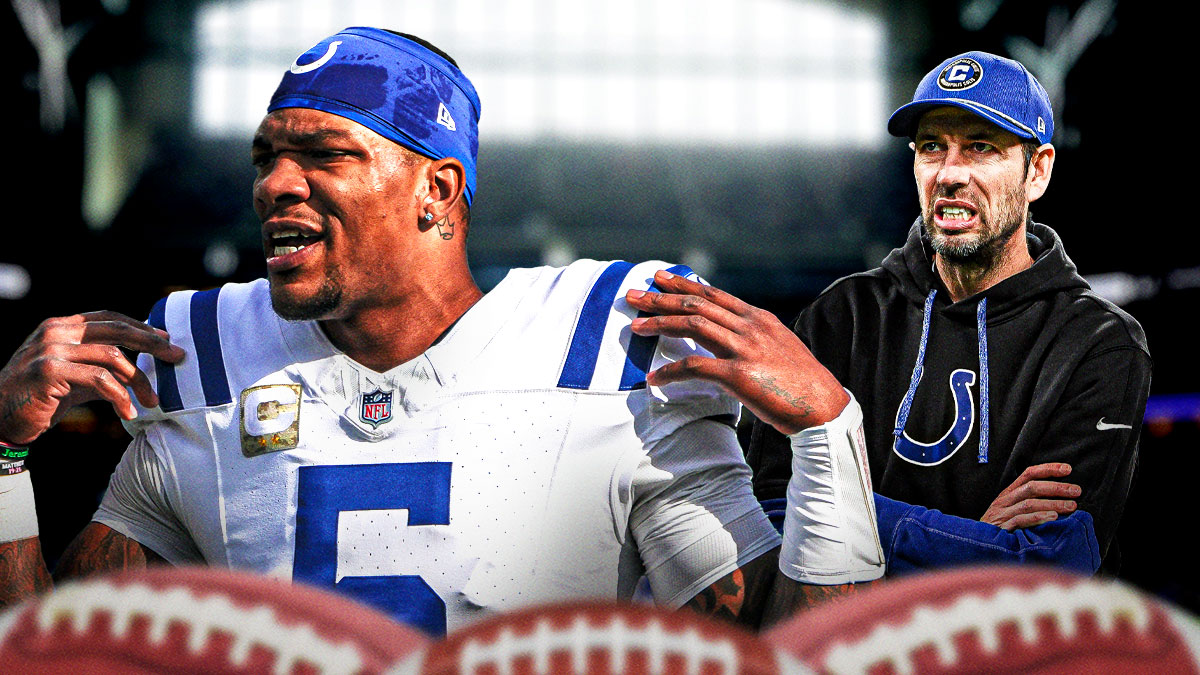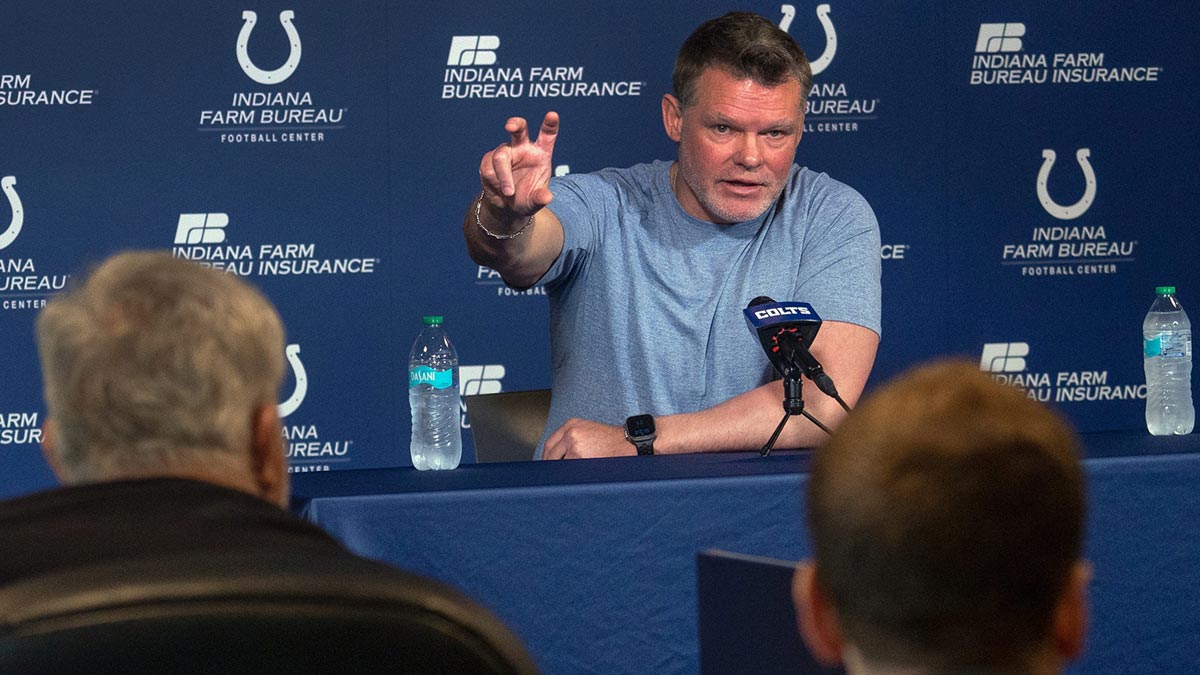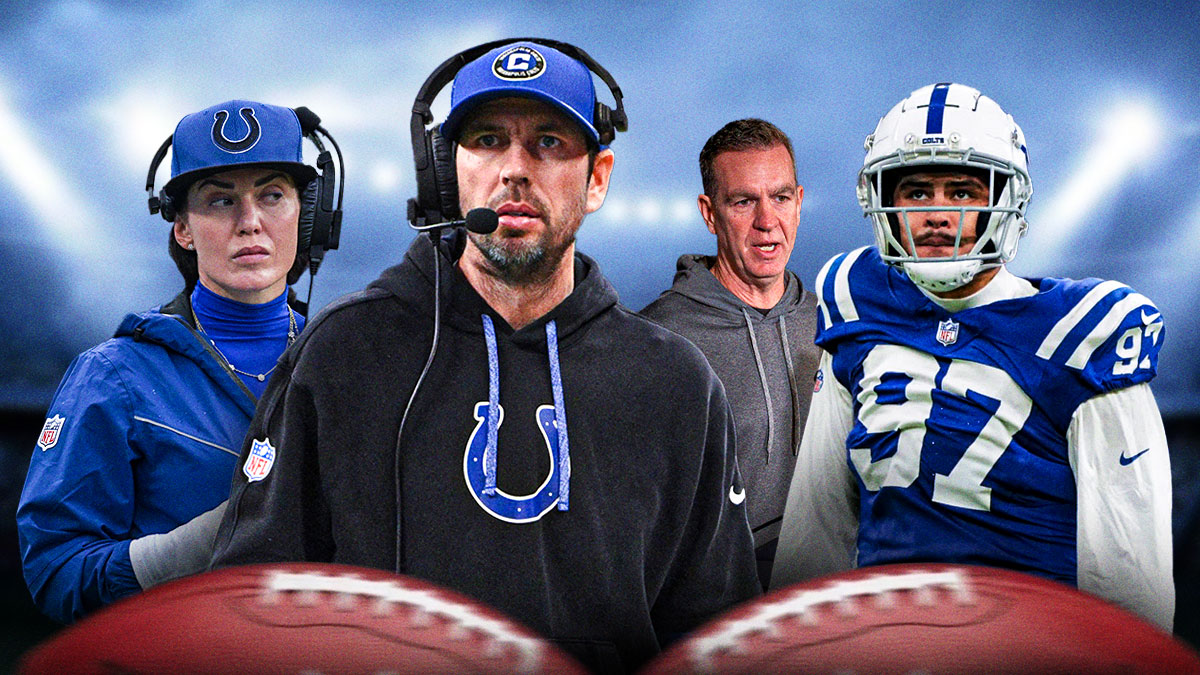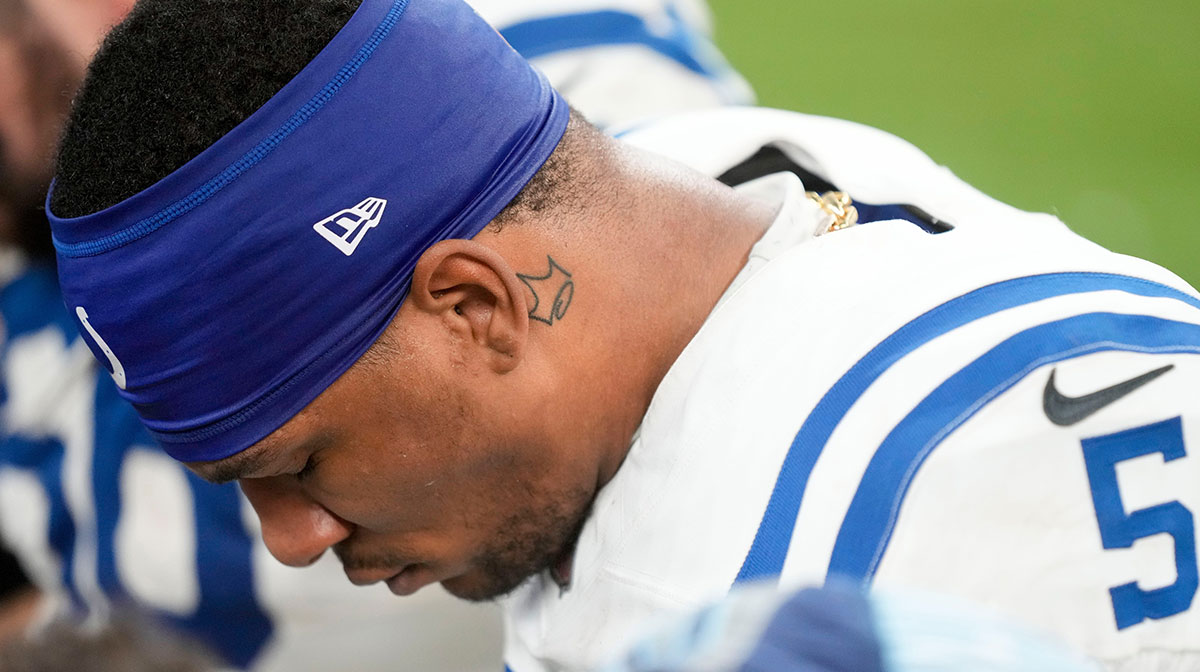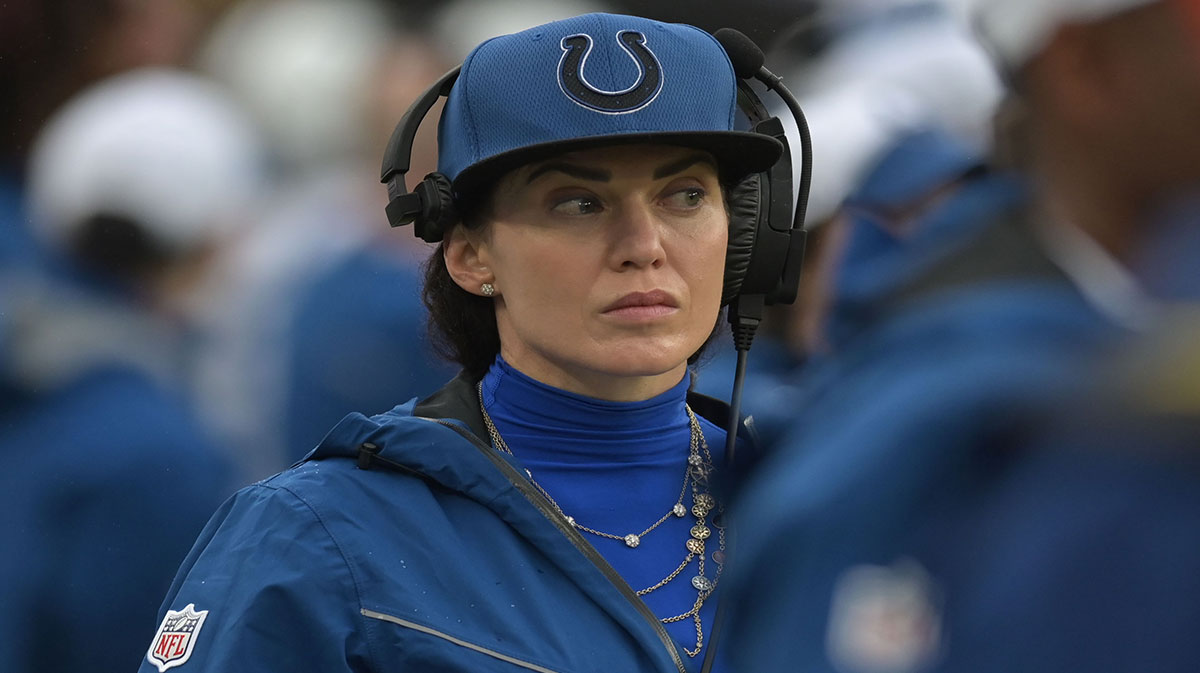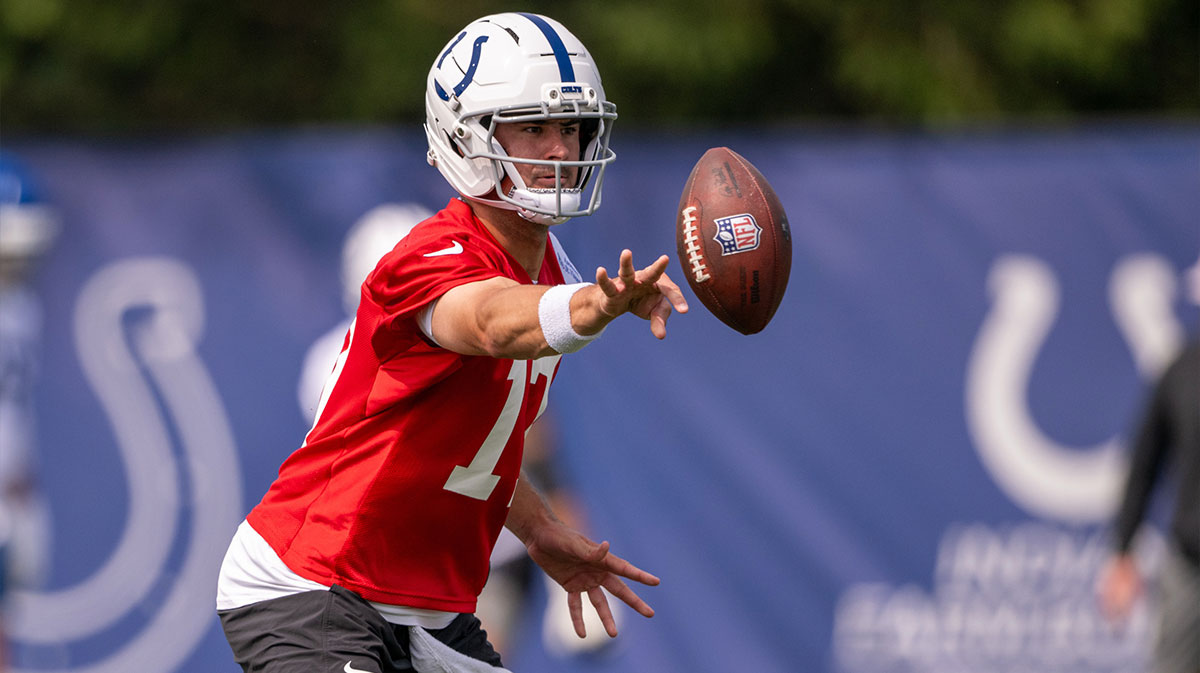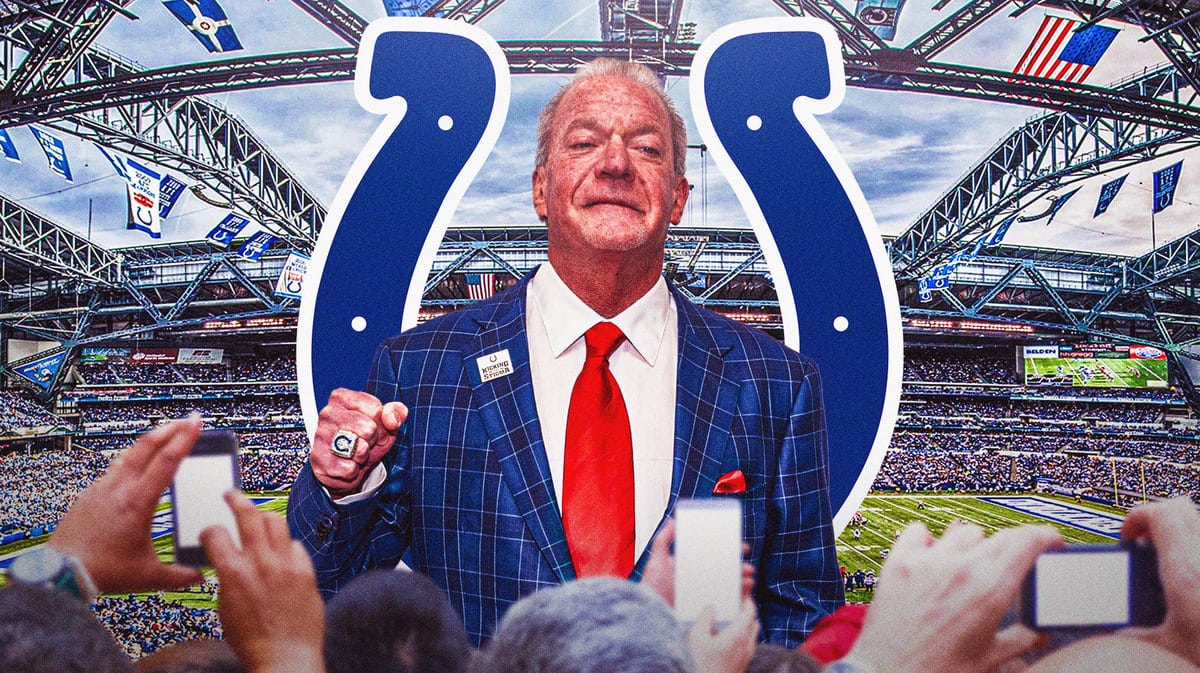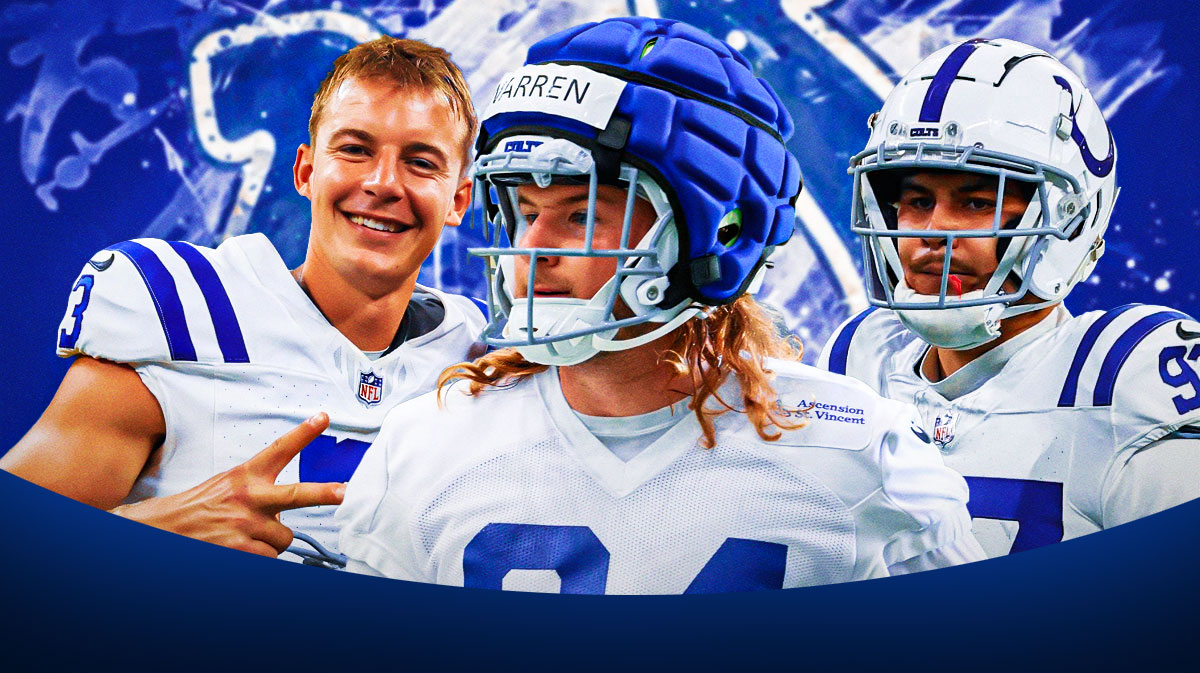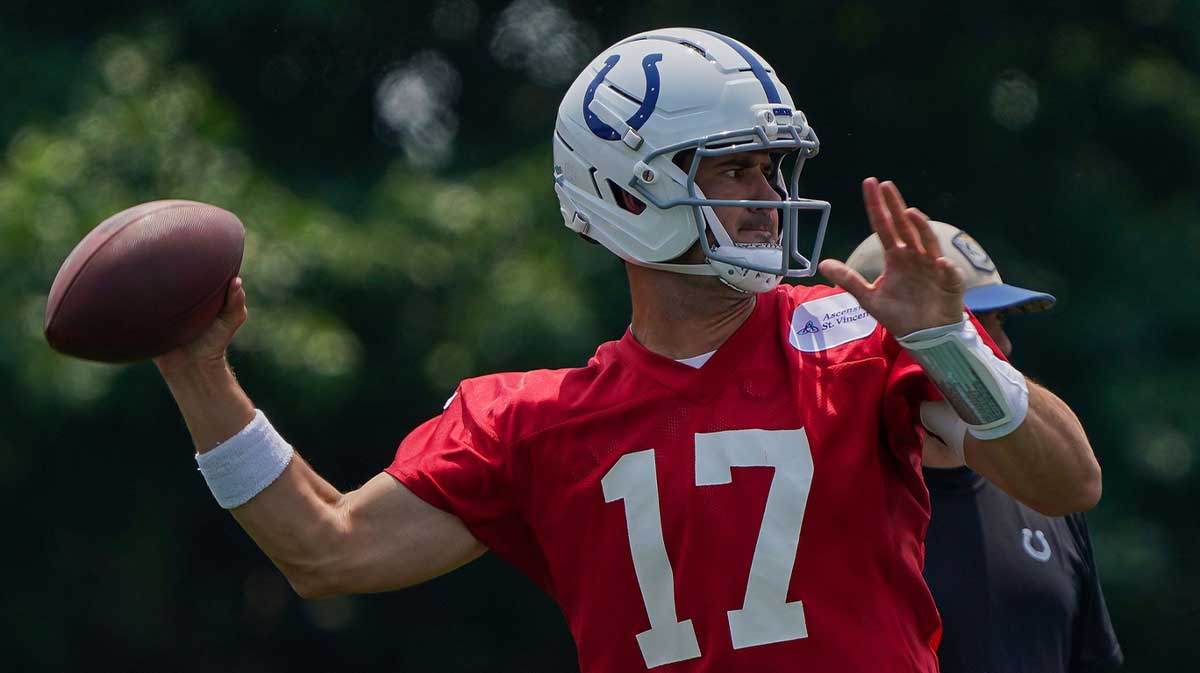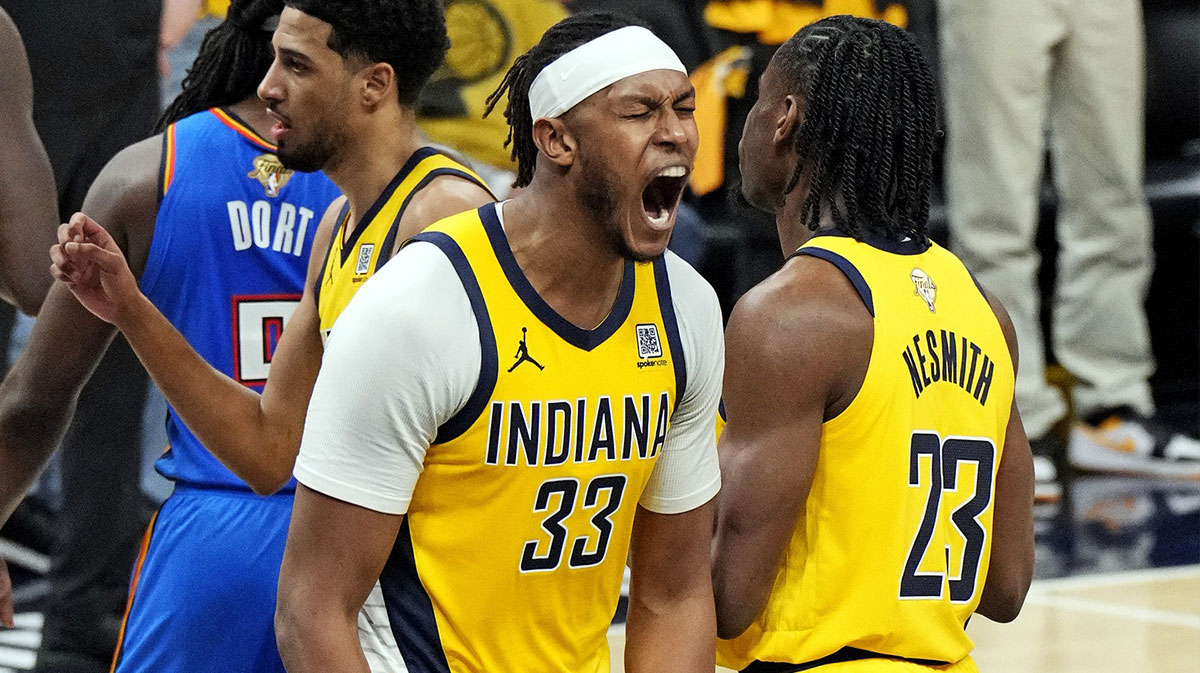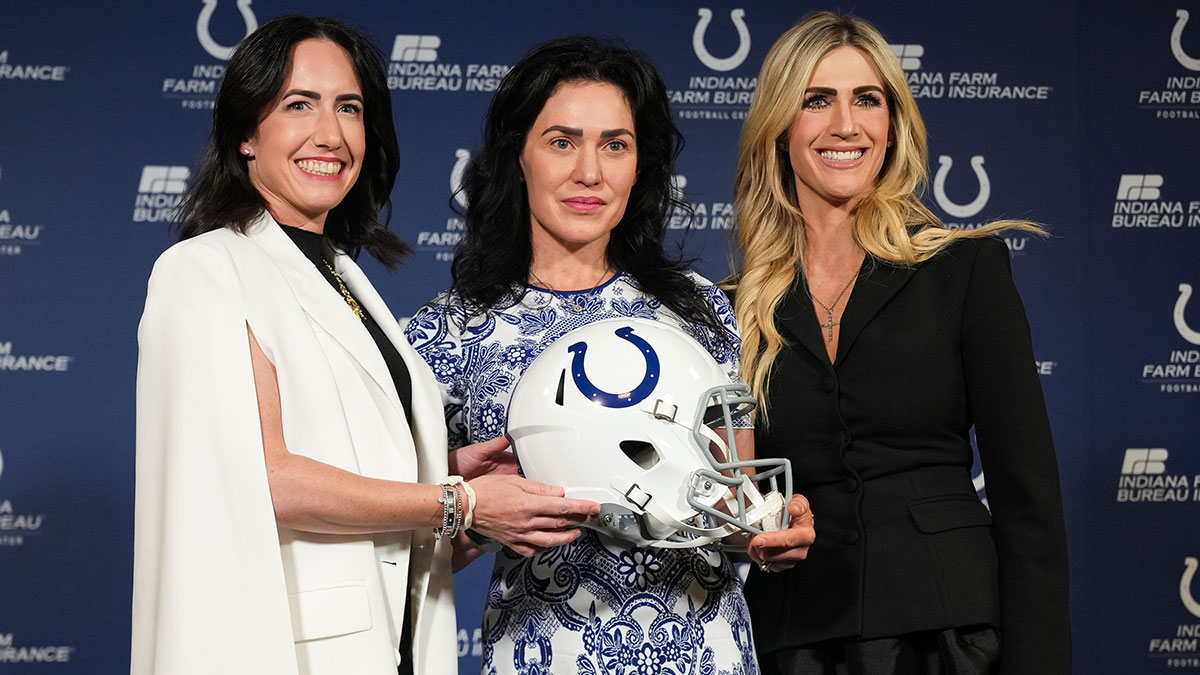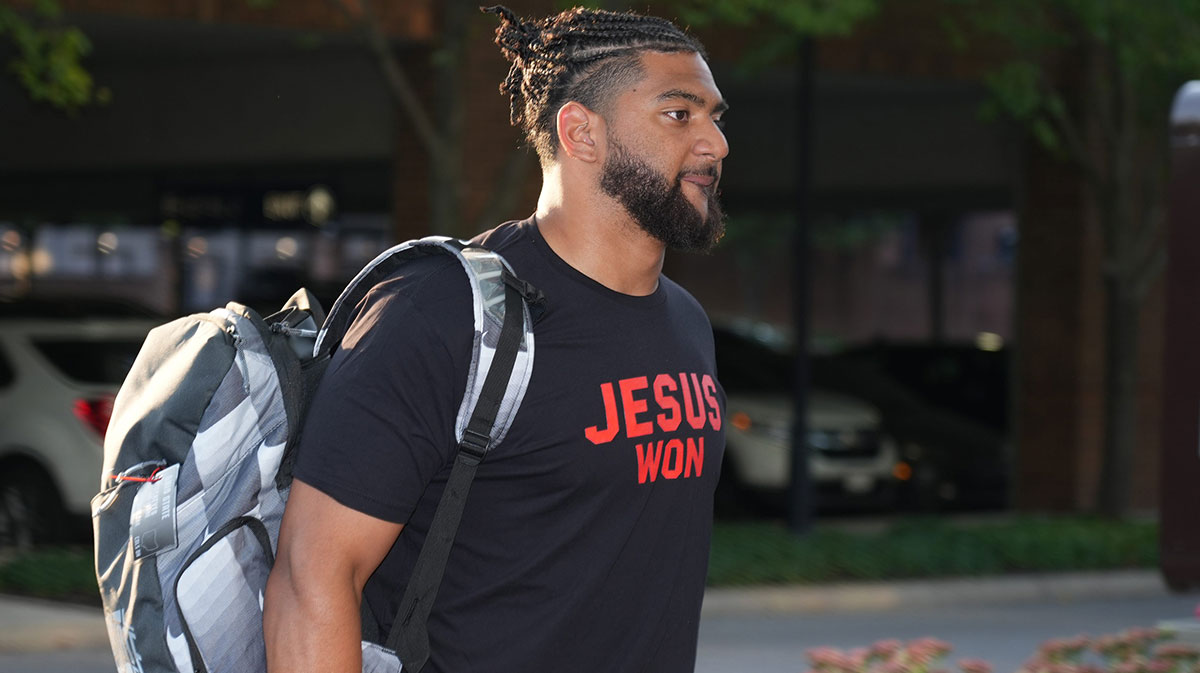The sports world witnessed its most shocking retirement announcement of a generation late Saturday night. Andrew Luck, the prodigious quarterback for the Indianapolis Colts, stated mental fatigue compelled him to step away from the NFL.
Luck dealt with lingering injuries for the last half of this decade, missing an entire season with a shoulder injury in 2017. While making a strong comeback in 2018 (appropriately winning NFL Comeback Player of the Year, as well), a calf injury this offseason perhaps made Luck ponder was it worth it to go through another lengthy rehab just to suit up again.
Apparently, that was the straw that broke the camel's back for Luck to decide enough was enough for that forum. So he retired.
Can you blame him? Imagine being so good at your profession that you are hailed to be the next great to emerge. And in your first few years in, things are looking up. Then, personal matters emerge, and work factors, politics, etc., hold your progress up. And instead of working on your craft to live up to the billing, you are now in a cycle of incident, repair, then attempt to work again.
And whether it's your profession, a promising relationship or Luck with football, eventually the cycle becomes old news.
In Luck's case, it's important to remember his background. Luck harnessed the best of both worlds: gifted football talent and measurables while possessing skills of a strong academic. He would soon parlay both factors into a scholarship to Stanford University. On the football field, Luck became an All-American while in the classroom he accomplished a 3.48 GPA, graduating with an engineering degree. A former professor of Luck said he has the ability to do post-graduate studies at M.I.T.
But it's important to note Luck's strong academic background. He passed up a chance to enter the 2011 NFL Draft due to his desire to finish school. While Luck could have done damage earlier in the NFL, he also had the self-awareness to know that he could use his degree to pursue other interests down the line.
And here we are.
The mental grind of the NFL, injuries and expectations to succeed wore down Luck. In his mind, Luck just needed to work efficiently on the practice field and the weight and film room. Why? Because his talent would take care of the rest. It worked for Peyton Manning, Aaron Rodgers, and John Elway, and Luck was next in line for the first part of the decade.
But he didn't sign up for continuous rehab and playing through pain. He also didn't sign up for injuries that would take him out for chunks or an entire season.
No matter how good you are at a certain subject, sport, or even a relationship with someone who is incredible, if factors start to derail promise, it's only but so much you will be able to take. Especially if you have options to move on elsewhere. Luck's academic prowess will allow him to easily move to a new industry—one that's physically less taxing, obviously.
So while we will miss Luck on the field, we know that he will be fine off of it. Perhaps, if Luck wasn't so cerebral, the “hardest decision of my life” according to the former Colts QB would be even harder. But hypotheticals won't and don't work in this scenario. Luck has options, and he's walking away from a lucrative, but demanding football career.
Chapter II for Andrew Luck has begun.

